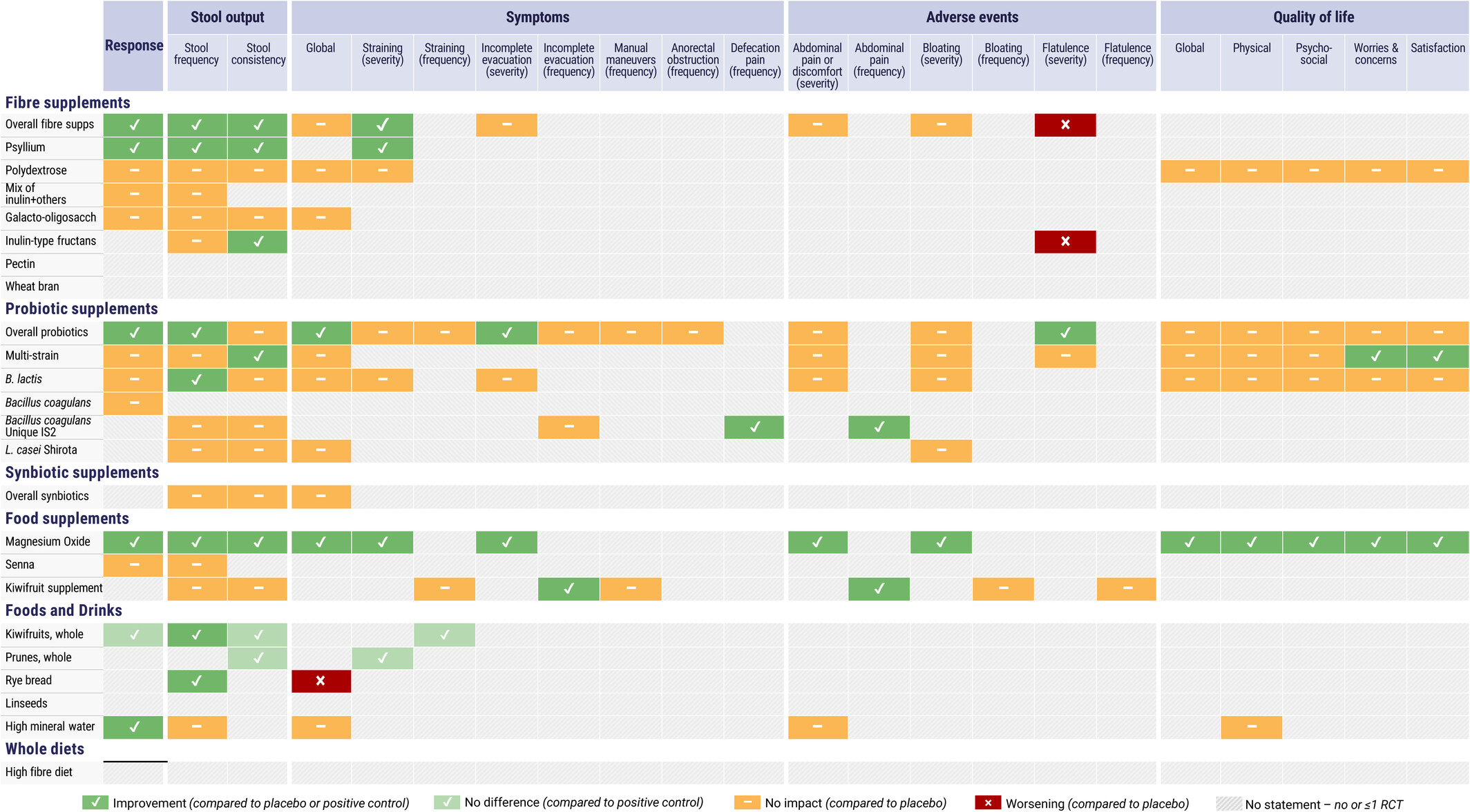The first-ever evidence-based dietary guidance for adults experiencing chronic constipation has just been released, and you might be surprised by some of the recommendations. Advice like eating a generally high-fiber diet has been found to be lacking in evidence, but an unlikely star has emerged as something of a gut health hero: the humble kiwi fruit.
Most of us will have experienced occasional constipation, but long-term or chronic constipation is also a common issue. Reports vary massively – between 1 and 80 percent according to one study – but the global prevalence in adults is thought to be somewhere around 16 percent, and even more for older people.
“Chronic constipation can have a huge impact on someone’s day-to-day life,” Dr Eirini Dimidi, lead author of the new study from King’s College London, said in a statement. This is a big health challenge to address, and there are loads of possible causes and underlying reasons behind constipation.
Normal bowel movements can range from anywhere between three times a week to three times a day, but most of us know how sluggish we feel when we’re out of our normal rhythm. Longer term, constipation can lead to complications like hemorrhoids and fissures (small tears in the anus). There’s also a risk of fecal impaction, particularly in elderly or immobile people, where waste builds up in the rectum to the point where medical assistance is needed to remove it.
Given all of this, and how common this issue is, you might be surprised that this recent study represents the first evidence-based diet advice to tackle constipation.
“For the first time, we’ve provided direction on what dietary approaches could genuinely help, and which diet advice lacks evidence,” said Dr Dimidi. “Being able to improve this condition through dietary changes would allow people to self-manage their symptoms more and, hopefully, improve their quality of life.”

Visual representation of the guidelines, designed to help clinicians when recommending treatments to their patients.
We’ve all heard that we need to be eating more fiber, but while this might be a good approach for general health, there’s actually not much evidence that it works for constipation specifically.
“Instead, our research reveals some new dietary strategies that could indeed help patients. At the same time, we urgently need more high-quality trials to strengthen the evidence on what works and what doesn’t,” Dr Dimidi added.
Many different supplements promise to help get things moving down there, but again, some of the most common were found to be lacking in evidence – including senna, a plant derivative with laxative effects.
Instead, the guidance – which is backed by the British Dietetic Association – suggests reaching for magnesium oxide supplements, psyllium (a fiber supplement), and certain probiotic strains.
As for the food we eat, kiwi fruit is apparently your new best friend if you struggle to poop regularly – and remember, you can eat the skin too. Rye bread was also found to be beneficial, as well as high-mineral-content water.
“This new guidance marks a promising step towards empowering health professionals and their patients to manage constipation through diet,” commented senior author Professor Kevin Whelan. “This means that from now on that people suffering from constipation across the world can now receive up-to-date advice based upon the best available evidence in order to improve their symptoms and wellbeing.”
“With continued research, it holds real potential to drive lasting improvements in quality of life,” added Professor Whelan.
The study is published in the journal Neurogastroenterology and Motility.
Source Link: Constipated? This One Fruit Could Help, Says First-Ever Evidence-Led Diet Guidance